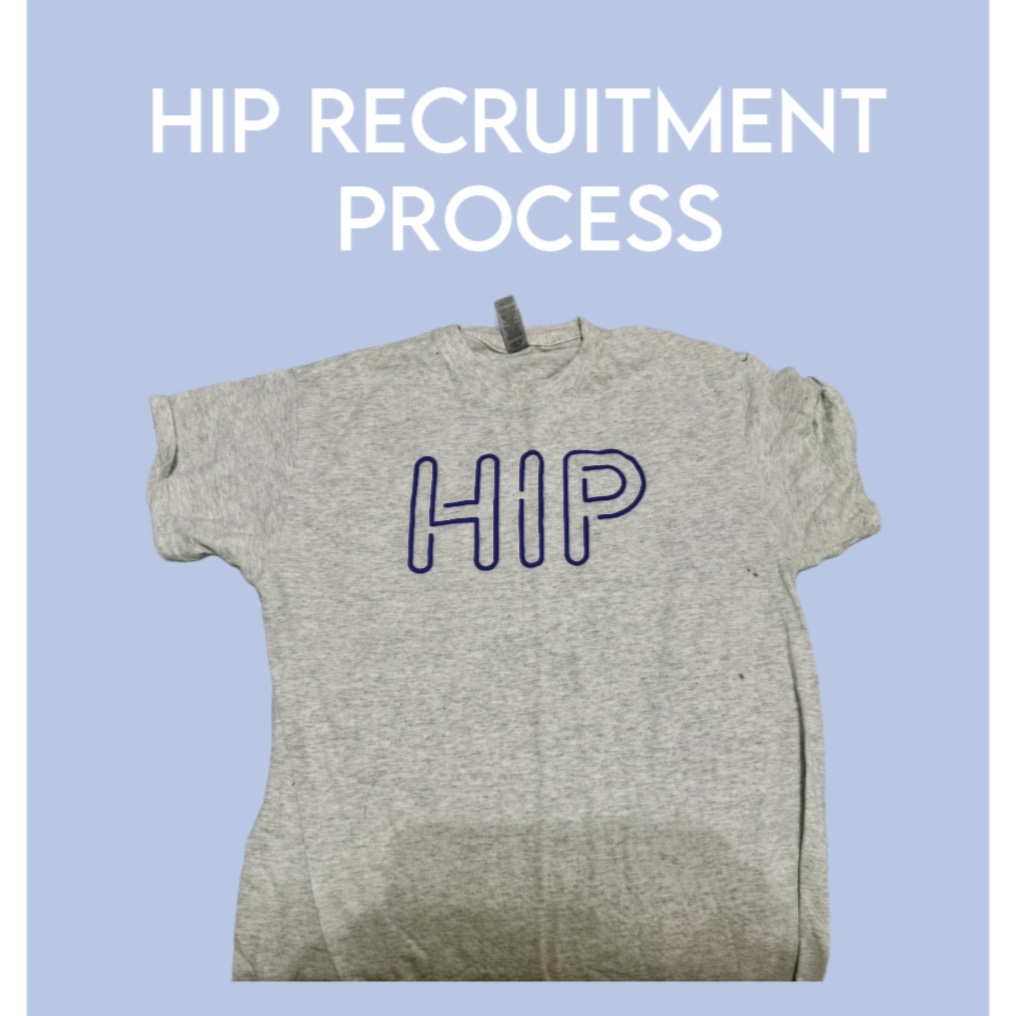President Trump Officially Nominates Supreme Court Candidate Amy Coney Barrett
September 27, 2020
In a press conference at 5:00 PM on Friday evening in the White House Rose Garden, President Trump announced his nomination of Judge Amy Coney Barrett, to replace the late Ruth Bader Ginsburg as a Supreme Court Justice. He also is in favor of a Senate Confirmation before Election Day.
If confirmed, Barrett would be the youngest justice on the Supreme Court at 48 years old, shaping the law for decades to come.
Personal History
Amy Coney Barrett was appointed by President Trump for the United States Court of Appeals for the Seventh Circuit in 2017, overseeing Indiana, Illinois and Wisconsin. Prior to this, she clerked for the conservative U.S. Supreme Court Associate Justice Antonin Scalia and Judge Laurence Silberman of the U.S. Court of Appeals for the D.C. Circuit, according to Ballotpedia.
She has seven children, including two adopted from Haiti and a son with down syndrome. Barrett and her husband Jesse Barrett, are reportedly part of a small religious Catholic group called the People of Praise, causing controversy with democrats questioning her impartiality on judicial rulings and republicans arguing that the democratic argument is a form of religious intolerance.
Graduating first in her class at Notre Dame, she then clerked for Supreme Court Justice Antonin Scalia. Many of her colleagues have noted her intellect and qualifications in Op-Ed pieces arguing she should be confirmed by the Senate.
What happens next?
Typically lasting months, the appointment process of a Supreme Court Nominee consists of five main parts according to Georgetown Law Library: extensive background into the nominee’s history, preparation for the confirmation hearing, public hearings, Judicial Committee vote and a Senate vote.
Extensive Background into Nominee’s History
The Senate Judiciary Committee considers and holds a hearing on the Supreme Court Nominee after the official nomination of a candidate by the President. This process typically takes a month during which records from the FBI and other government institutions present information about the nominee while the candidate prepares for the hearings.
Preparation for the Confirmation Hearing
Closed-door private meetings between senators and the nominee typically start soon after the president announces his choice. These meetings, aimed at learning the ideological concerns of both the nominee and senators, typically take between 15 minutes to an hour according to the New York Times. Between the desired confirmation prior to election encouraged by President Trump and coronavirus concerns, this process will most likely be expedited.
In a process called the “murder board,” advisors seek to prepare the nominee for Senate questioning. During these sessions, advisers try to anticipate possible questions that a senator may ask and effectively discipline the nominee with appropriate responses.
Public Hearings
During the televised hearings, typically lasting 3-4 days, the 22 senators who are members of the Judiciary Committee question the nominee, while witnesses present their views on the nomination.
Tactfully crafted questions are posed to the nominee, who cannot take positions on issues that might be presented to the court to avoid them being recused, or excused due to personal lack of impartiality from future cases.
Judicial Committee vote
The Judicial Committee votes and passes by a simple majority, either confirming the nomination or rejecting it for the full Senate to vote on. Regardless of the Judicial Committee vote, the full Senate debates and votes on the nomination.
Senate vote
Prior to the Senate vote, Senate rules allow for unlimited debate, known better as filibustering.
As of 2017, to end debate regarding the Supreme Court nomination, 51 Senators must vote on doing so in a cloture vote rather than the previous 60. Senators then vote and a simple majority confirms the nomination. In the case of a tie, the Vice President steps in to cast the deciding vote.
Why is this nomination so important?
Given the confirmation of Amy Coney Barett, the balance of the court would be more conservative going from a five-four Republican court to a six-three Republican court.
With Justice Sonia Sotomayor typically voting more liberally, Justices Elena Kagan and Stephen Breyer typically voting moderately to liberally, Justices Clarence Thomas, Samuel Alito, and Supreme Court Chief Justice John Roberts typically voting more conservatively, a conservitive ruling is more likely.
Where does she stand on important issues?
LGBTQ+ Rights
The Supreme Court expects many important cases soon, including Fulton v. City of Philadelphia, which is expected to be heard on Nov. 4. This case specifically is determining if a religious adoption agency has the right to turn away LGBTQ+ couples establishing legal precedence for taxpayer-funded organizations regarding discrimination. Thus, the installment of a new conservative justice can dramatically alter the decision of the court.
Barrett’s judicial and public record has worried organizations and activists such as the Human Rights Campaign and The Leadership Conference on Civil and Human Rights. Specifically, her statements regarding dissenters of the Obergefell v. Hodges court case which legalized same-sex marriage, questioning Title IX protections for transgender Americans, and referring to transgender women as “physiological males,” have concerned activists.
Many have questioned Barrett’s impartiality on cases due to her faith, including Senators during her 2017 confirmation hearing. The quote “The dogma lives loudly within you,” by Senator Dianne Feinstein went viral on social media referring to her Catholic faith and the worry that her religious beliefs will impact her judicial decisions. People of Praise, which Barrett is reportedly a member of, has previously had connections with anti-LGBTQ+ institutions according to the Guardian. However she has juxtaposed this responding to Senator Feinstein by arguing she would separate her personal affiliation from her decisions as a judge.
Women’s Reproductive Rights
As a Judge on the 7th U.S. Circuit Court of Appeals, Barrett voted to rehear Planned Parenthood of Indiana and Kentucky v. Commissioner of Indiana State Department of Health, a case in which the 7th Circuit deemed that two laws Indiana placed unconstitutional: requiring the burial or cremation of fetal remains after an abortion and banning abortion for reasons relating to sex, race, or disability.
Last year Barett also voted to rehear a case regarding the legality of another Indiana law, which would require parents to be notified when a minor sought an abortion even if they asked the court to provide consent instead.
Barret has also signed a letter by The Becket Fund, criticizing the Affordable Care Act’s requirement that contraceptive coverage must be included in employer-sponsored health insurance plans. The letter specifically opposed the accommodation posed by the Obama Administration — allowing religiously affiliated employees to purchase contraceptives through their plan without needing to inform their employer.
During her time at Notre Dame as a law professor, Barrett was also a member of Faculty for Life, an anti-abortion group.
Guns
In Kanter v. William, Barret opposed a Wisconsin law banning convicted felons from owning guns in a 37-page dissent. The majority pointed out that her argument was in conflict with all other appellate courts which have addressed the issue. Specifically saying restricting gun access to felons served to keep guns out of the hands of those most likely to engage in violent gun use in the future.
Immigration
According to Courthouse News, Barrett voted to uphold the alteration the Trump Administration made to the “public charge” under the Immigration and Nationality Act of 1965. This iteration of the rule would have allowed the government to deny visas and green cards to immigrants relying on public benefits, food stamps, or housing vouchers. In the 2-1 vote, the 7th Circuit ultimately blocked the administration from enforcing the rule in Illinois.
Healthcare
Barrett has opposed the Affordable Care Act publicly. In a 2017 law review article,Barrett criticized the decision taken by Chief Justice John Roberts during the NFIB v. Sebelius court case, which reinforced Congress’s authority to enact large portions of the Affordable Care Act. Had he viewed the text as a penalty rather than a tax imposed on those without healthcare, he would have had to invalidate the legislation.
In a podcast by Wbur News, Barrett criticized the decision of King v. Burwell, the Supreme Court case which gave nearly 9 million Americans tax credits for healthcare coverage, saying the opposing legal argument had a better legal defense.
Environment
In a 2018 court case Orchard Hill Building Co. v. United States Army Corps of Engineers, Barrett joined an opinion ruling arguing that the Army Corps of Engineers had no authority in protecting a wetland from destruction by Orchard Hill Building Company, a development firm.
Environmental groups such as EarthJustice, have condemned her nomination pointing to her ties to the oil industry. Barett’s father Mike Coney, a former attorney for Shell Oil, known as one of the 100 companies responsible for over 70% of greenhouse gas emissions since 1988 according to a 2017 report by CDP. According to CNBC, the Koch Brother owned organization Americans for Prosperity (AFP), launched a campaign directly contacting senators and urging them on social media to support President Trump’s nomination.









